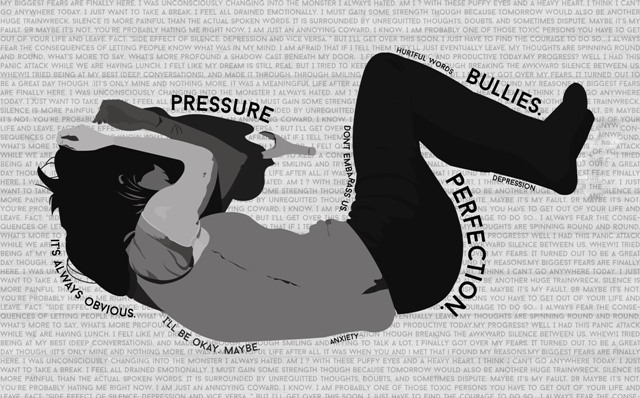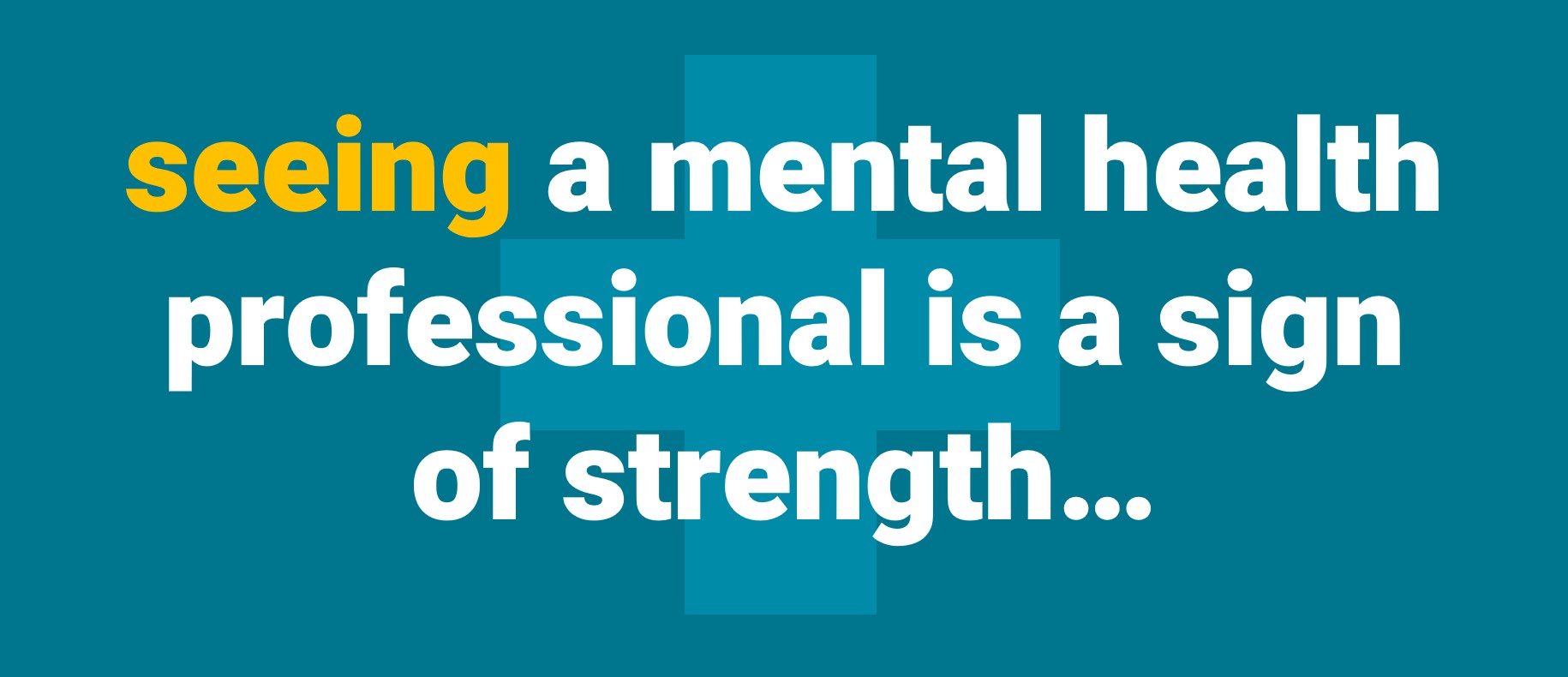Suicidal Ideation – How to Manage & Find The Help You Need

Suicidal Ideation – How to Manage & Find The Help You Need

If your psychiatrist diagnoses you with suicidal ideation, that means you are preoccupied with the idea of suicide. Here are some diagnostic measurements – regularly thinking about the way of committing suicide, thinking what life would be if you are no more around or even play suicidal act in your mind.
16.5 suicides per 100,000 people,
India has the highest suicide rate in the South-East Asian region.
So if you know someone who you think may be considering suicide, talk to them about it. Take a minute and listen to them. For the very reason we have collected a few warning signs and symptoms of suicidal ideation or thoughts. The sooner you recognize the signs; the sooner you can find the help you need.
SEE ALSO: Mental Health in India is Still Surrounded by Stigma
WARNING SIGNS OF SUICIDAL THOUGHTS/IDEATION

Here are some warning signs that one may tend to show if they are having any suicidal thoughts in their mind. Identify them and if you suspect someone you know is having thoughts of suicide, call emergency or seek help.
- Talking about feeling hopeless or having no reason to go on living
- Making a will or giving away personal possessions
- Exhibiting reckless behaviours, such as excessive alcohol or drug consumption
- Avoiding social interactions with others
- Expressing rage or intentions to seek revenge
- Appearing anxious or agitated
Apart from those above mentioned warning signs, we have identified certain symptoms when someone is having serious thoughts of suicide. It includes:
- Frequently speaking that they wish they weren’t alive or had not been born.
- Staying alone and avoiding social contacts
- Getting upset over minor things and signs of anxiety
- Treating people as if they might not see them again
- Being risky in all areas of life, like using excessive amounts of alcohol or drugs
PASSIVE SUICIDAL IDEATION

Passive suicidal ideation is when a person desires death but has no specific plan to commit suicide. If you or someone you know are experiencing passive suicidal ideation, the fantasies may involve dying in sleep or having a fatal accident. One may believe that the world would be better off without them.
Since it is passive, that doesn’t mean they are harmless. These thoughts have the potential to make one more likely to put in harm’s way. The line between passive and active suicidal ideation is very blurry.
No one could ever predict with 100 percent certainty if someone will or will not take their own life. Even trained medical professionals can’t predict who will commit suicide. This is why you need to take threats or thoughts of suicide seriously.
See your doctor or psychiatrist for a careful evaluation and to get appropriate treatment.
DIAGNOSIS OF SUICIDAL IDEATION

If you notice yourself of someone you know is having depression or having thoughts of suicide, seek for help immediately. When you see the psychiatrist, they will ask you any questions so they can assess the severity of your situation. Here are some example questions:
- How long have you had thoughts of suicide?
- Do you have a history of depression?
- How far have your thoughts of suicide gone? Have you come up with a plan?
- Are you taking any medications? If so, what are they?
- Do you use alcohol or drugs? If so, how often?
TREATMENT OF SUICIDAL IDEATION & THOUGHTS
Your doctor will treat your depression as per the severity of the condition. They may also prescribe certain medications to manage your symptoms. You should also expect your treatment plan to include talking to a psychiatrist.
You may also be guided to find additional support and they can recommend a support group. And if your risk of suicide is high, you may need to stay in an inpatient treatment facility, for the safety.
WHAT IS THE OUTLOOK?
Knowing you triggers of depression and suicidal ideation always help you avoid or better manage these triggers in future. Never hide your mental illness.
- Talk with family, friends and others.
- Get outside, take a walk.
- Even exercising help reduce depression and suicidal thoughts.
- Seek help at the very first signs of depression.
Open up, break the mental health stigma and please reach out. Treatment for suicidal ideation is available and can be successful. Ask for help if you need it.

